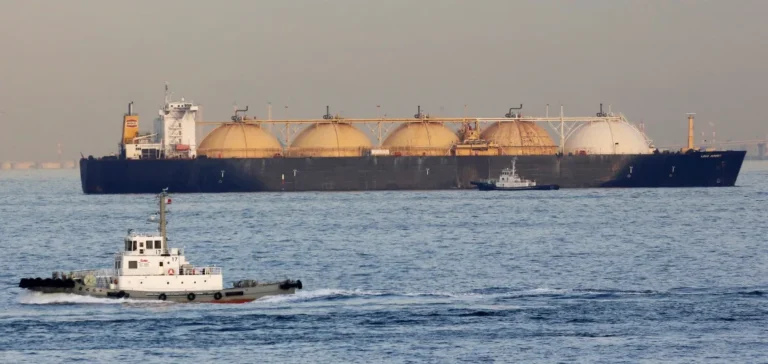Japan is stepping up efforts to secure liquefied natural gas (LNG) cargoes in response to a rapid and concerning decline in its energy reserves. A cargo initially destined for South Korea was recently diverted to a Japanese terminal, highlighting the exceptional nature of this situation. Originating from a terminal located in Texas, this additional shipment underscores current tensions around Japan’s energy supplies. Japan’s heavy reliance on imported LNG is especially evident during the summer months, when electricity demand peaks.
Critical threshold approaching for reserves
According to official Japanese forecasts, national LNG reserves will reach a critical low around July 27, potentially falling to approximately 10.393 terawatt-hours (TWh), equivalent to about four days of average national electricity consumption. This decline is primarily attributed to unusually high summer demand, intensified by extreme temperatures placing significant strain on Japan’s energy infrastructure. Authorities are concerned this situation may result in localized power outages and temporary instability within certain regions’ electrical grids.
Strategic exchanges between regional stakeholders
In response to this risk, several Japanese companies have activated existing regional agreements to swiftly ensure additional LNG shipments. Cargo swaps between Japan and South Korea have been initiated, allowing both countries improved management of their respective inventories during this crisis period. These swap agreements, involving direct exchanges of cargoes between energy operators from the two countries, offer crucial flexibility amid market volatility in the region. This shared strategy is currently regarded as a pragmatic solution to the immediate energy challenges faced by these two major economies.
Immediate actions to stabilize electricity supply
Alongside securing additional LNG cargoes, Japan’s electricity grid operator has implemented extraordinary measures to reallocate electricity between regions. The Kansai and Chubu regional power grids are particularly affected by these exceptional measures, designed to prevent service interruptions during peak hours. The volume transferred could reach up to 1.49 gigawatts (GW) during the afternoon, followed by a smaller additional transfer in the early evening. Authorities have emphasized that these emergency measures will be temporary, underscoring their exceptional nature in response to the critical conditions facing Japan’s energy market.
These unprecedented initiatives highlight Japan’s current vulnerability regarding energy imports and the challenges of managing reserves during periods of heightened demand. Such a situation could prompt energy sector professionals to reassess long-term strategies for securing supplies and managing risk.






















